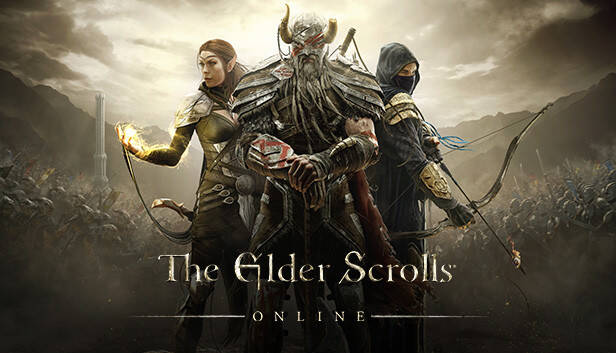The Elder Scrolls Online should live forever from cuipeng202's blog
The latest chapter of The Elder Scrolls Online Gold, Necrom, is unapologetically gothic. Beyond the new Arcanist class, which wields dark green energy utilized by the unknowable Apocryphal realm, what's more, it features a story dripping with gloom and malaise. In its opening stanza, you match the Cthulian Daedric Prince, Hermaeus Mora, who laments a loss of revenue of power, as well as an incoming crisis of fate that will lead to the end of the planet. I suspect it was this booming declaration that have me feeling existential – for the reason that the more I played through Necrom, the greater I thought concerning the end.

More specifically, the finish of The Elder Scrolls Online.
This MMORPG is now bolstered by the passionate, long-term fanbase who may have invested a lot of time into roaming across Tamriel, taking up fetch quests, meeting its cast of weird and quirky characters, and diving into great tomes of lore.
It’s currently one of the most popular MMOs on this planet, and it is success may be bolstered with every new expansion pack. The end isn't coming for The Elder Scrolls Online sooner – even so, the grim reality is the conclusion is coming. It’s within the nature of MMORPGs.
he elder scrolls online gold was one of the primary games I covered as a professional journalist. In 2017, I interviewed developer Rich Lambert regarding the ongoing success of the game, and in some cases then, its longevity would have been a topic of conversation. ‘We ought to keep the lights on,’ Lambert said at that time, in reaction to questions in regards to the game’s monetization via loot boxes and further chapters. ‘It’s not cheap to maintain your game ready to go.’
The same can probably be said for any modern MMO. It’s expensive to maintain lights running, and continued monetary support is required for game servers to stay life, for developers to help keep creating new content, and for top reasons to come back.
A deficiency of longevity is a type of fear for ongoing and live service games, and particularly MMORPGs. In recent years, we’ve seen many burn out and disappear, even those that have passionate fanbases – Marvel Heroes, Pirates in the Caribbean Online, Warhammer Online: Age of Reckoning, and Club Penguin for starters modern examples.
The core difference is that The Elder Scrolls Online maintains its player base with strong new story chapters every couple of months – but at nine years of age, it’s already defying the trends of its genre. At nine yrs old, it’s practically a veteran, crippled as they age.
There are fellow defiers within the MMORPG realm – like World of Warcraft and Old School Runescape because both versions have escaped the burden of time by playing on nostalgia, adding new content, and fostering feelings of connection with their communities.

The Wall